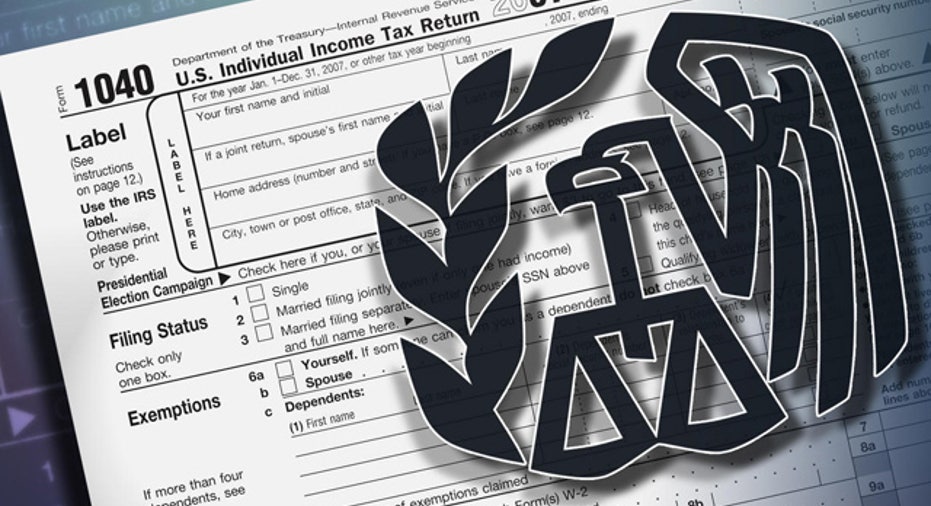Cut Taxes With Early Mortgage Payment

A little year-end attention to your mortgage payment could lower your upcoming Internal Revenue Service bill.
Unlike rent, which you pay beforehand (i.e., your Jan. 1 bill covers your stay in the rental unit for that coming month), your mortgage payments are made at the end of your occupancy period. That means your Jan. 1 mortgage statement represents interest for the month of December, making it a tax-break-eligible bill for this year.
By accelerating that payment even by just a day, you get an additional deduction for the interest paid.
Don't get greedy, though. You can't make your February, or any other upcoming, mortgage payment early to boost your year-end deduction amounts. Tax law generally prohibits write-offs for prepaid interest (there is an exception for loan points in some cases). Each year, you can deduct only the home mortgage interest for that year.
You also want to make sure you don't cut it too close in making the early payment. Get the check in the mail in plenty of time for it to arrive at your lender by year's end. If you pay online, be sure you make the electronic transaction in time to have it credited to this tax year's payment amount.That way, the added interest will show up on the annual statement (usually a Form 1098 or an IRS-acceptable substitute) you'll get from your lender in late January, detailing your deductible mortgage activity.
Timing your payment
Some tax professionals say you can simply make your extra mortgage payment late this month with a check dated Dec. 31 and count it toward your deductions.However, if you actually get your payment to the bank by the last business day of the year or a weekday or two early, the extra interest will show up on the lender's official paperwork. And that means no curious tax examiner will question any difference between the amount you claim on your Schedule A and what your lender reported -- and copied to the IRS -- on the 1098 form.advertisement
If your year-end mortgage statement doesn't reflect the extra payment's interest, go ahead and deduct the correct amount on your tax return and attach a statement explaining why your number, not the lender's, is accurate.
If your mortgage holder pays your annual property tax bill from an escrow account, that also will be listed as a deductible home-related expense on your Form 1098. But if you, not your lender, pay your property tax bill, and it's due early next year, consider paying it in December as well. As with your mortgage interest, this payment -- and deduction -- will be shifted into this tax year.



















